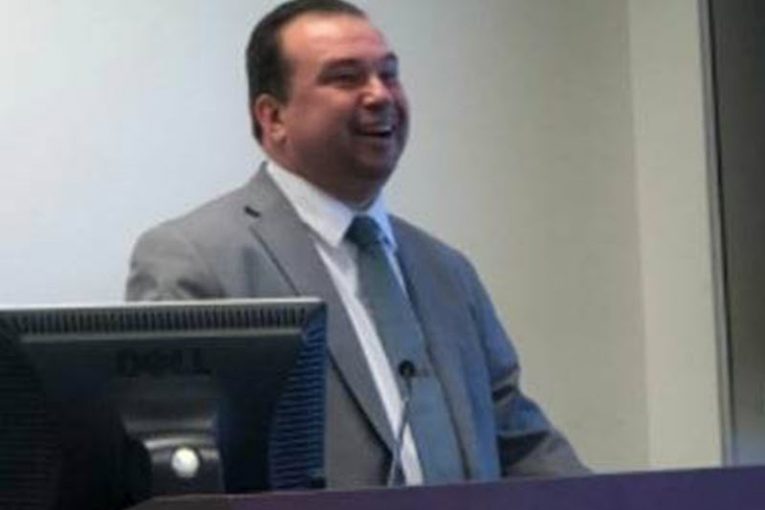

By Jeffrey Deskovic
(Editor’s note: This is from a speech given July 17, 2022 – Jeffrey Deskovic Overcoming Adversity, Becoming An Advocate).
At the age of sixteen, I was charged with murder and rape. Coerced into giving a false confession, the judge valued this confession over the lack of a DNA match. I was sent straight to prison without the opportunity to finish high school.
With a terrible public defender representing me, the presence of medical examiner fraud, and prosecutorial misconduct occurring during my trial, there was no chance of escaping the courtroom with a clean record.
Tried and sentenced as an adult, I spent ages 17 to 32 at a maximum security men’s prison. Spending my developmental years in such an oppressive environment was a significant adversity that permeated into my adulthood.
Prison took away a lot from me. Denied the opportunity to experience stages of life and growth, I missed births, deaths, and weddings. Prison took the time away from me that would have allowed me to marry, start a family and establish a career.
During my imprisonment, I fought hopelessness, helplessness, and thoughts of giving up. But I was not going to let prison take everything away from me. Working towards academic progress, I obtained a GED and an associate’s degree. I even completed the first year of my bachelor’s but was denied the ability to continue after college education funding for prisoners was cut.
In the meantime, I was also fighting for my innocence. I wrote seven different appeals to retry my conviction, which were denied each time. When I applied for parole, I was denied for claiming my innocence.
I continued writing, this time to publishing companies concerning my wrongful conviction. They put me in contact with The Innocence Project, an organization that works to free wrongfully convicted individuals where DNA evidence can prove innocence. Getting their representation was the first key.
While a DNA match of the true perpetrator led to my eventual exoneration, the lack of justice proliferated further violent crime. While I was behind bars, the true criminal went on to murder a school teacher with two children just three-and-a-half years after I was imprisoned for his crimes.
We frequently envision that freed individuals live a happily-ever-after scenario but life after exoneration was not remotely easy. I struggled to readjust to the changes in society post exoneration and experienced the psychological after-effects of my imprisonment. Time felt like it had frozen; I was processing things at a slower speed than the rest of the world. I had to rapidly adjust to a number of technological shifts that made the world move faster such as GPS, cellphones, and the internet. I felt like I was in a parallel world, a world that I did not belong in.
I was not compensated for my wrongful conviction until almost five years after I was released, due to the complicated legal processes to grant compensation for wrongly incarcerated individuals in New York State.
I earned what I could by writing as a columnist for a weekly newspaper and speaking and public engagements, but it was not enough. With employers wanting individuals who could hit the ground running, finding a job was extremely difficult because I was not up to speed with new technology. I was doing what I could to make ends meet while also experiencing housing instability.
Mercy College provided me a path forward. Having heard my story, they offered to sponsor my tuition and provide me with on-campus housing.
I began my speaking career shortly after I was released from prison. It started at a press conference where my speech turned into a two-and-a-half hour presentation of my story. Everything I ever wanted to say in 16 years all came out. After the press conference, a light bulb went off causing me to realize that I could become an advocate for others experiencing similar injustice.
I gained upward momentum when I began to find places willing to publish and compensate me for my written work in addition to providing media interviews and meeting with elected officials.
Once I received compensation for my wrongful conviction, I was able to use a portion to fund the Jeffrey Deskovic Foundation for Justice which works to free wrongfully convicted people and reform the criminal justice system through policy work.
In 2023 alone, the Foundation has exonerated six individuals and secured 15 policy reforms.
It is my life’s work to seek justice for those wrongly accused and advocate for those who lack support—like I once did.
